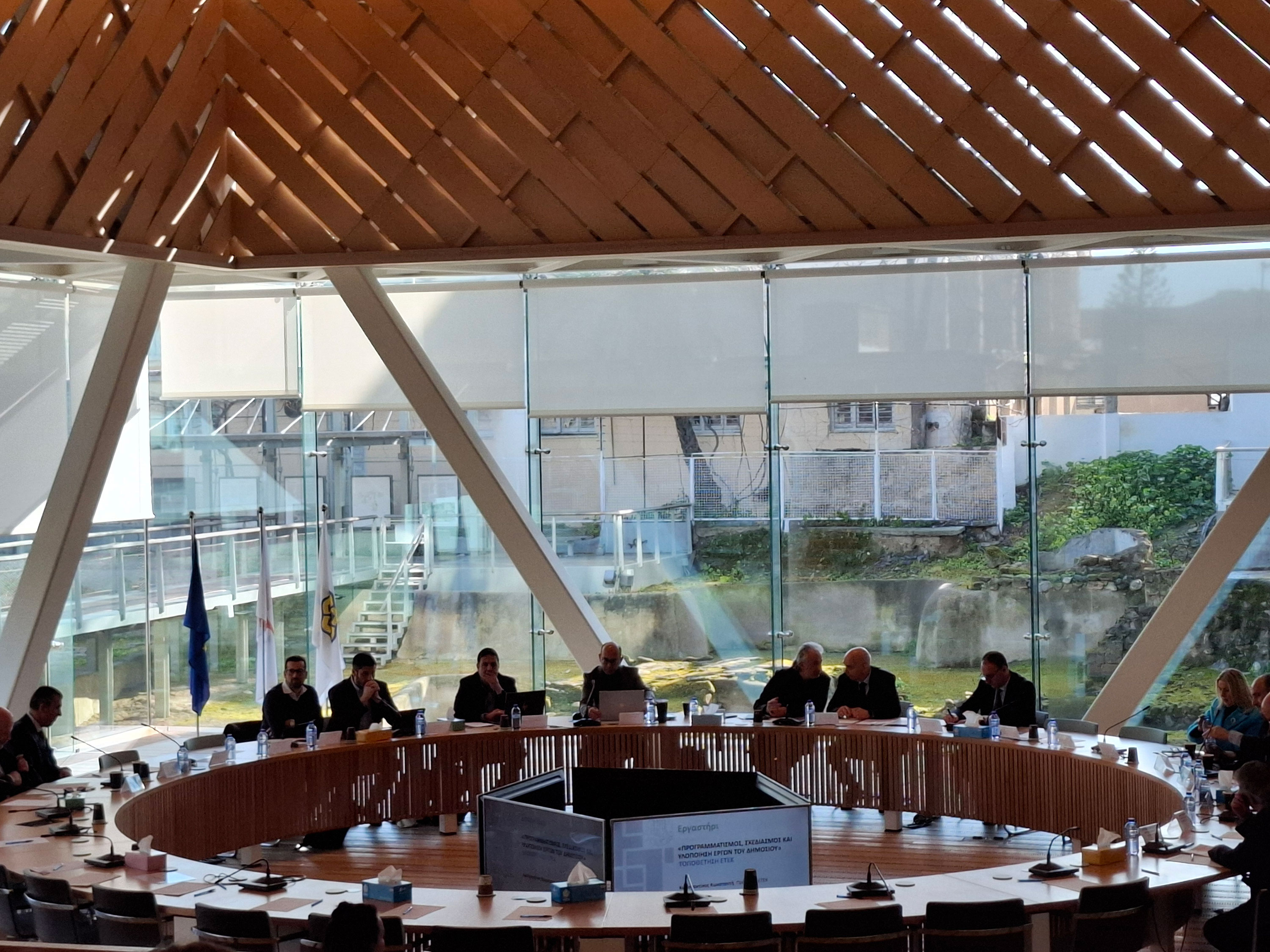Taking into consideration the plethora of projects that have been successfully completed and delivered, those that have been cut short are “the exception to the rule”, Transport Minister Alexis Vafeades said on Wednesday, responding to recent criticism.
He said that projects completed or in progress over the past two years were worth over €1 billion, while others in the tender process were valued at over €1.8 million.
Vafeades added that proper evaluation coupled with the effective management of the state budget “allows us to promote a huge, structured state investment programme”.
He said his ministry viewed the projects it implemented as “growth machines”, in which the construction sector was a “crucial cogwheel”.
“I can’t help but wonder about the dialogue developing around the public works contracts, some of which have been terminated […] This is not the rule, but the exception to the rule, taking into account the plethora of projects that have been carried out and successfully delivered,” he explained.
Vafeades said the state investment programme aimed at implementing a series of construction and technical projects, included some co-funded by the EU.
As such, he referred to the mental health centre in Nicosia, the haemodialysis unit in Paphos, the Famagusta district court and the Nicosia ring road. Those still in progress included the new museum in Nicosia, the Cyprus blood centre, the offices of the Department of Lands and Surveys, the new migrant centre in Limnes and the Astromeritis-Evrychou motorway.
Eagerly-awaited projects that have been terminated recently include the liquified natural gas (LNG) project at Vasiliko in July 2024, as well as the first phase of the Paphos-Polis road and the Liopetri estuary in November 2024.
Vafeades was addressing a Cyprus Scientific and Technical Chamber (Etek) workshop in Nicosia.
He said the workshop could contribute to understanding problems and offering solutions.
Cyprus’ accountant-general Andreas Antoniades told the workshop that the treasury was preparing a package of measures, guidelines and best practices in this direction.
He also pointed out the need to modernise and improve procedures, so that projects could be completed within their timeframe and budget.
The treasury, he added, had found weaknesses in financial and technical resources, unrealistic timeframes, bad management of contracts and lack of flexibility.
Antoniades said the guidelines and best practices were addressed to the delegating and financing authorities.
The aim of the workshop, according to Etek, was to launch a comprehensive dialogue on public projects, so that the end result was a quality product delivered on time.
Etek president Constantinos Constanti said public projects should be completed on time at the right cost.
He added that the workshop would help identify the reasons this was not happening and what should be done to rectify the problem in public projects, especially since they used taxpayer money.
Constanti supported a holistic approach with a deadline, so that “we can turn the page”.
He said the workshop would investigate why some bids were “uncommonly low” and would discuss including alternative problem-solving methods in the contracts, setting priorities and long-term programming.






Click here to change your cookie preferences